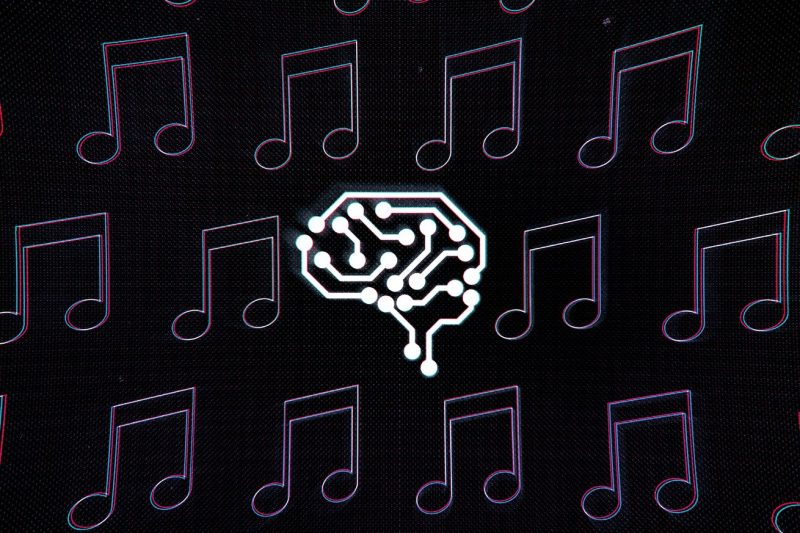AI-Generated Songs Are Getting Longer, Not Necessarily Better
The realm of AI-generated music has rapidly advanced in recent years, with algorithms generating increasingly complex and lengthy musical compositions. However, the length of these songs does not necessarily equate to an improvement in their quality or appeal. While AI has demonstrated remarkable capabilities in generating music that mimics popular genres and styles, the challenge lies in creating music that resonates with human emotions and experiences.
One of the key factors driving the trend towards longer AI-generated songs is the emphasis on quantity over quality. As algorithms are trained on vast amounts of data to mimic existing music styles, they often generate extended compositions that span several minutes. While this may demonstrate the algorithm’s technical prowess in creating coherent musical structures, it does not guarantee artistic merit or emotional depth.
Moreover, the focus on song length can lead to a lack of diversity and originality in AI-generated music. Algorithms tend to rely on patterns and conventions present in the training data, resulting in songs that may sound derivative or formulaic. In striving to create longer compositions, AI algorithms may sacrifice innovation and creativity, leading to a homogenization of musical output.
Furthermore, the length of AI-generated songs can impact the listener’s ability to engage with the music on a deeper level. Extended compositions may test the listener’s attention span and patience, especially if the music lacks variety or fails to evoke a strong emotional response. In contrast, shorter, more concise musical pieces have the potential to leave a lasting impact and convey a clear artistic vision.
Despite these challenges, there is still great potential for AI-generated music to evolve and innovate in the future. By focusing on quality rather than quantity, algorithms can prioritize creativity, originality, and emotional resonance in their compositions. Collaborations between AI systems and human musicians can also lead to the creation of truly unique and compelling music that transcends the limitations of automated generation.
In conclusion, while AI-generated songs are indeed becoming longer, their value ultimately lies in their quality rather than their length. By addressing issues of originality, emotional depth, and listener engagement, AI algorithms can continue to push the boundaries of musical expression and contribute to the ever-evolving landscape of music creation. It is through a thoughtful balance of innovation and artistry that AI-generated music can truly captivate and inspire audiences around the world.


























